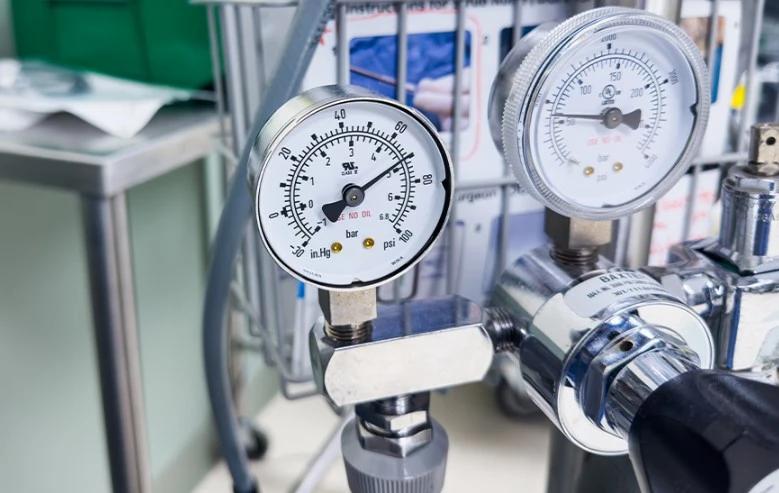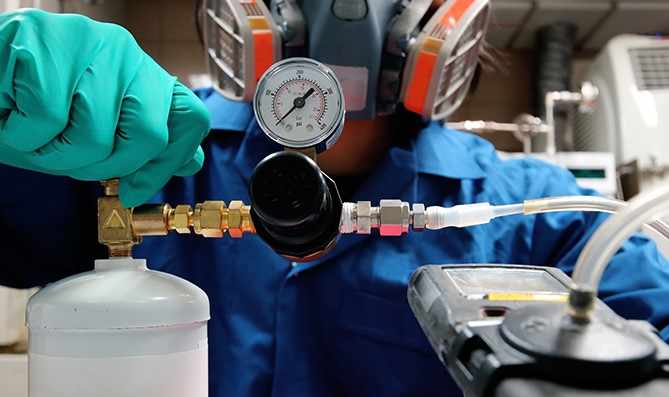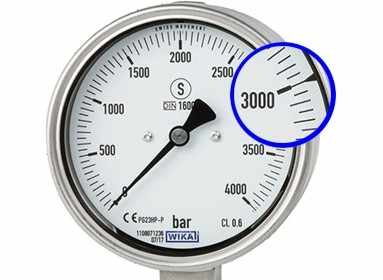
In today's industrial landscape, ensuring the accuracy and reliability of pressure equipment is crucial. High pressure calibration is an essential process that guarantees your equipment is working within the required specifications, reducing the risk of malfunctions and potential hazards. Many companies overlook the importance of regular calibration, but opting for professional pressure calibration services can make a world of difference. Whether you're managing a small workshop or a large-scale manufacturing plant, understanding the benefits of professional calibration services is key to maintaining safety, efficiency, and compliance.
What is High Pressure Calibration?
High pressure calibration involves testing and adjusting instruments that measure pressure, such as gauges, transducers, and sensors, to ensure their readings are accurate. Calibration helps identify any deviations from the standard readings and rectifies them to ensure that the equipment operates correctly. It is a meticulous process that requires specialized tools and expertise, especially when dealing with high-pressure environments where precision is vital.
Benefits of Professional High Pressure Calibration
Choosing professional high pressure calibration services offers numerous advantages that can significantly impact your operations. Here are some compelling reasons why professional calibration should be a priority:
1. Ensures Accuracy and Precision
Accurate pressure readings are critical in various industries, including manufacturing, oil and gas, pharmaceuticals, and more. With professional high pressure calibration, you can be confident that your instruments provide precise readings. This not only improves the quality of your output but also helps avoid costly errors that could arise from faulty measurements.
2. Enhances Safety and Compliance
Safety is paramount when dealing with high-pressure equipment. Incorrect pressure readings can lead to equipment failure, posing serious risks to employees and facilities. Professional calibration services help ensure that your equipment meets safety standards and complies with regulatory requirements, minimizing the risk of accidents and potential liabilities.
3. Prolongs Equipment Lifespan
Regular high pressure calibration helps maintain the health of your pressure instruments. Calibrated equipment operates more efficiently, reducing wear and tear caused by inaccurate measurements. This not only extends the lifespan of your equipment but also saves you money on repairs and replacements in the long run.
4. Saves Time and Resources
While it might seem cost-effective to handle calibration in-house, it often requires significant time and resources. Professional calibration services have the expertise and tools needed to perform the job quickly and accurately, allowing your team to focus on core business activities rather than equipment maintenance.
5. Provides Comprehensive Documentation
Professional calibration services provide detailed reports and certificates that document the accuracy and condition of your equipment. This documentation is crucial for audits and inspections, ensuring that your business remains compliant with industry standards and regulations.
How Often Should High Pressure Calibration Be Done?
The frequency of high pressure calibration depends on several factors, including the type of equipment, the industry standards, and the frequency of use. However, it is generally recommended to calibrate high-pressure equipment at least once a year. Regular calibration helps detect potential issues early and maintains the reliability of your instruments.
Choosing the Right Calibration Service Provider
When it comes to pressure calibration, not all service providers are created equal. It's important to choose a provider with a proven track record, certified technicians, and state-of-the-art equipment. Look for a service that offers a comprehensive range of calibration options and provides support tailored to your specific industry needs.
Conclusion
Investing in professional high pressure calibration services is more than just a regulatory requirement—it's a smart business decision that ensures safety, accuracy, and efficiency. By choosing experienced professionals for your calibration needs, you not only protect your equipment but also safeguard your employees and your bottom line. Make calibration a part of your regular maintenance routine and enjoy the peace of mind that comes with knowing your equipment is in top shape.






.jpg)
.jpg)
Write a comment ...